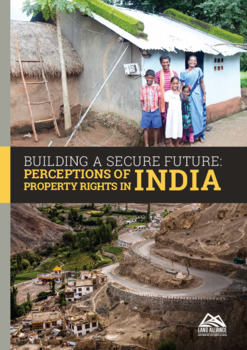Mongolia Country Program Evaluation FY05-13
From 2005 to 2013, a mining boom quickly
promoted Mongolia from a low-income to a middle-income
country. Although the World Bank Group strategy initially
overlooked the challenge of the mining boom, the new country
management team that came on board in 2005 decided to
prioritize mining issues in a more selective framework. This
involved taking a set of bold steps to support Bank Group
engagement in the extractive industry, including basing for




